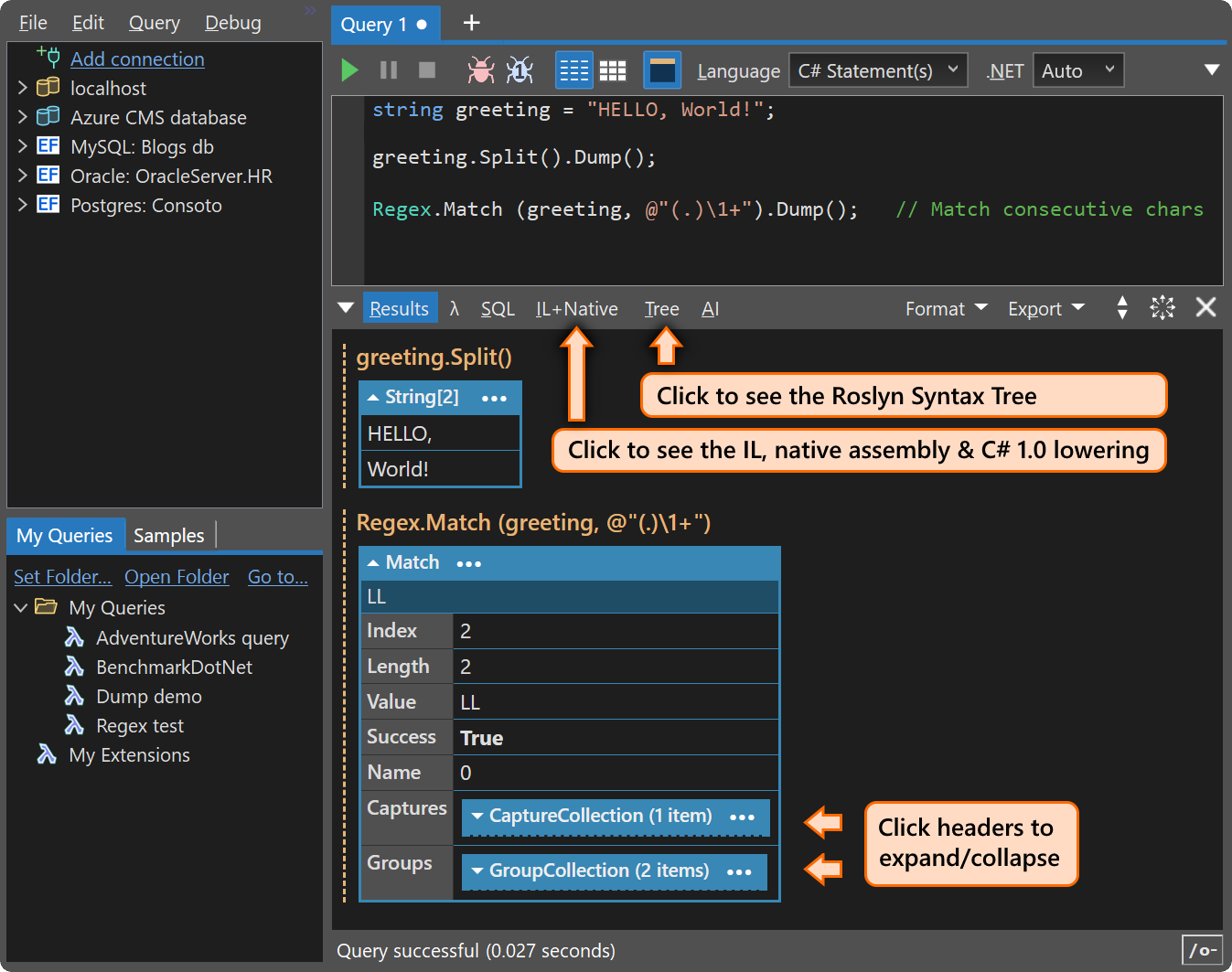
NET, but my experience is that the 90% is the easy part. He talks about converting to VB6 as the first step. There is a wizard (part of Visual Studio) that claims to convert 90% of VB6 into. A new instance of Visual Studio will open with the extension installedĪ spiritual successor of the code conversion within SharpDevelop and later part of Refactoring Essentials, the code converter was separated out to avoid difficulties with different Visual Studio and Roslyn versions.I think the OP wants ultimately to convert to VB.NET.To run the Visual Studio extension, set Vsix as the startup project.To run the website, set CodeConverter.Web as the startup project.Open the solution in Visual Studio 2017+.Or check out the ConverterController for a more web-focused API.Check out the CodeConversion class in the VSIX project.Uninstall current version, then install VSIX file inside "1 published" artifact.Latest CI build (potentially less stable):.NET 5, but won't be getting new features according to the. Visual Basic will have support for some project types on initial versions of. But we're very happy to support developers who want to contribute to either conversion direction. This is due to demand of people raising issues and supply of developers willing to fix them. If you want to get involved in writing the code yourself, even better! We've already had code contributions from several first time GitHub contributors, so don't be shy! See Contributing.md for more info.Ĭurrently, the VB -> C# conversion quality is higher than the C# -> VB conversion quality. Actively developed: User feedback helps us continuously strive for a more accurate conversion.Integrated: Uses the Output window to show conversion progress / summary.Completely free and open source GitHub project.Safe: Conversion runs entirely locally - your code doesn't leave your machine.




 0 kommentar(er)
0 kommentar(er)
